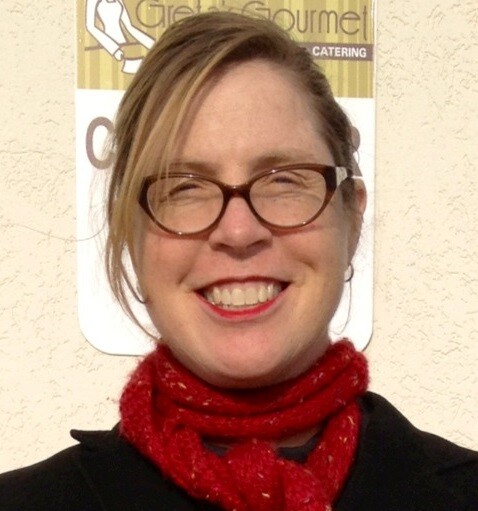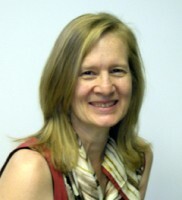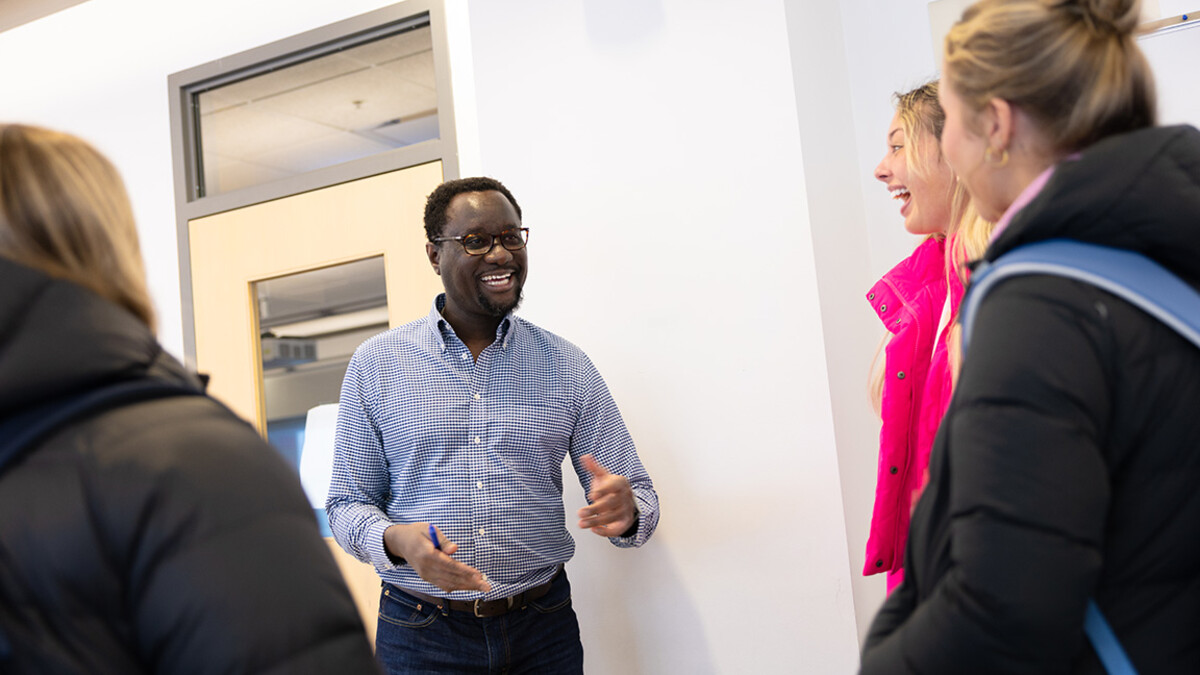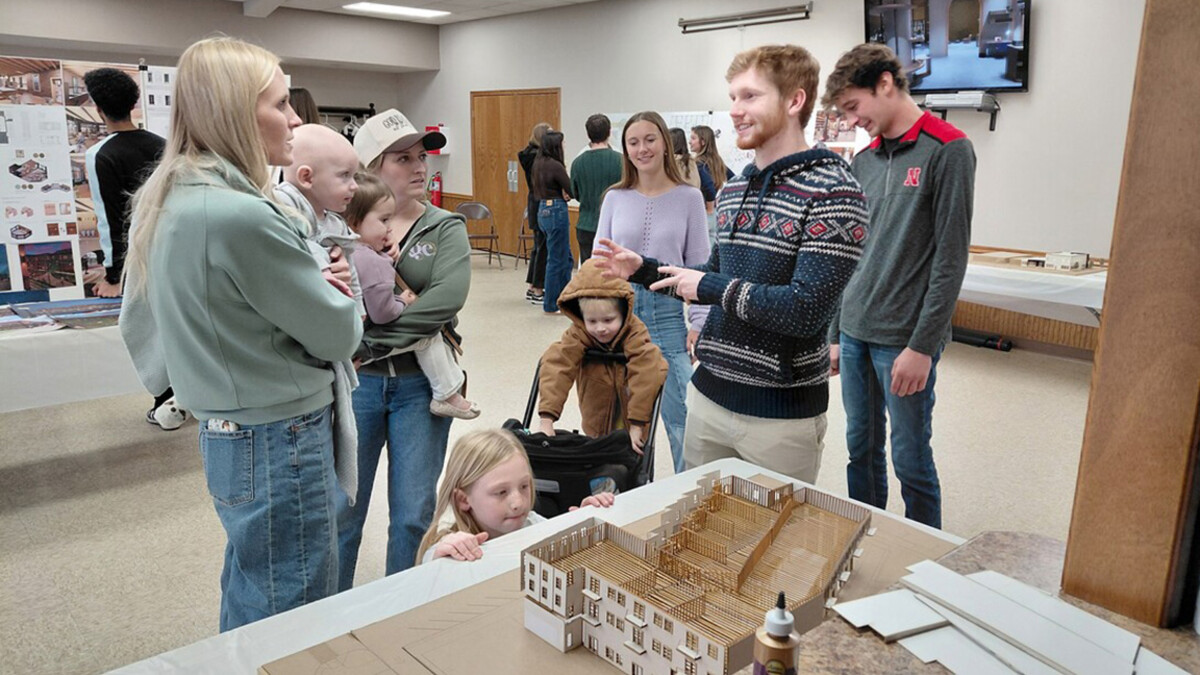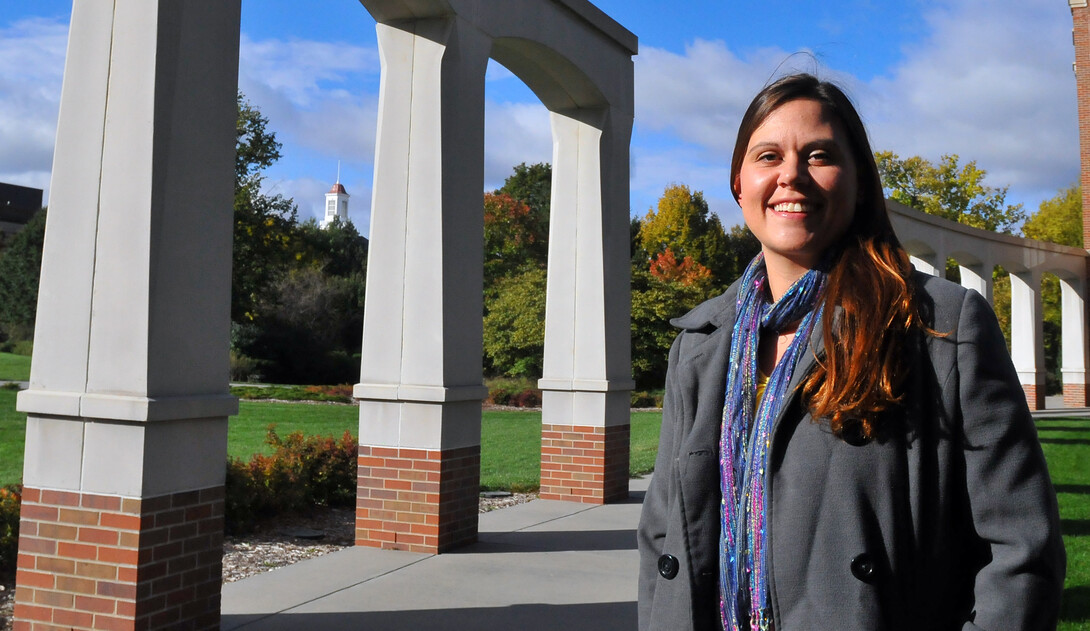
The ADVANCE-Nebraska program officially ended in 2014, but its leaders and researchers continue to take their findings to a broader audience.
A new book chapter written by UNL’s Patricia Wonch Hill, Mary Anne Holmes and Julia McQuillan leads the latest edition of Advances in Gender Research, “Gender Transformation in the Academy.” Titled “The New STEM Faculty Profile: Balancing Family and Dual Careers,” the chapter examines what was learned about UNL faculty demographics during the program.
A $3.8 million grant from the National Science Foundation funded ADVANCE-Nebraska from 2008-2013. The program aimed to increase tenure-track and tenured science, technology, engineering and math women faculty at UNL; increase the retention of women STEM faculty; and support their promotion into leadership positions. It also produced research on network structures that best supported female STEM faculty success.
Wonch Hill, research assistant professor of sociology and the chapter’s lead author, said data from an ADVANCE-Nebraska Faculty Network and Workload Study was used to study the changing academic workforce. The research, she said, demonstrates how the changes among faculty demographics are not always reflected in policies.
“The traditional/ideal worker norm, which was institutionalized within the tenure process in the early part of the 20th century, is a full time worker, who has a full-time support person at home to take care of home and family,” she said. The evaluation, however, showed that this demographic represents only 13 percent of total faculty. No female faculty currently fit into that mold, and neither do the vast majority of male faculty.
As faculty demographics continue to change, evidence shows many new faculty want to have rich family lives as well as rich research and scientific lives, she said.
The authors advocated for institutions to adopt family-friendly policies and presented evidence that they would positively affect all faculty members. Holmes and McQuillan, both UNL professors, were co-principal investigators for ADVANCE-Nebraska.
“One main takeaway of the chapter is that these policy changes are looked at as women’s issues, and really, they’re faculty issues,” Wonch Hill said. “Expanding awareness and promoting utilization of these work-family policies would benefit all faculty and will benefit science in the long run by keeping our brightest minds in the academy.”
Wonch Hill said the authors also are writing a chapter for a book that will use UNL’s ADVANCE data to examine job satisfaction and satisfaction of the promotion process across ranks for men and women faculty. Continuing to share the information gleaned from the program is important, she said.
“Social change in an institution takes a long time, but if you think about what an institution is, it’s meant to sustain regardless of any of its members,” she said. “But as its members, it’s our responsibility to find ways to work to transform our institutions to meet the needs of the new faculty demographic, which consists of dual earner couples who want rich research and home lives.”
A chapter summary is available here.
